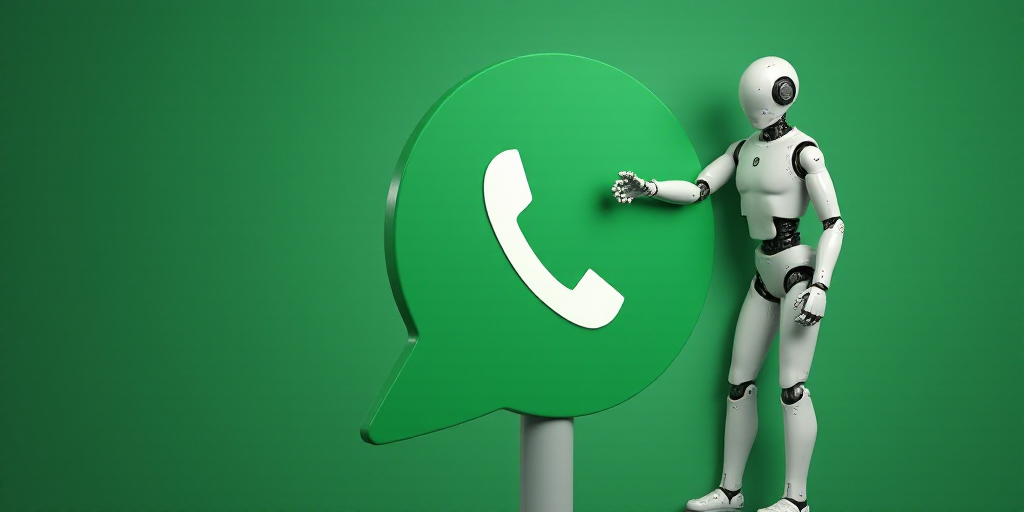Background on WhatsApp and Its Parent Company, Meta
WhatsApp, a popular messaging application owned by Meta (formerly Facebook), announced on Monday that it will start displaying advertisements to its users. This decision marks a significant shift for the platform, which has largely remained ad-free since its inception.
Who is WhatsApp and Why is This Change Significant?
WhatsApp is a cross-platform messaging and voice over IP service owned by Meta Platforms Inc. (formerly Facebook, Inc.). With over 2 billion monthly active users as of 2021, it is one of the most widely used messaging applications globally. The change signifies a departure from its ad-free model, which has been a key factor in its popularity and user trust.
The Scope of the Changes
According to WhatsApp, these changes will only affect the “Updates” tab, which houses features like “Channels” and “Status,” and will not impact personal chats.
Previous Advertising Efforts
Until now, WhatsApp’s advertising has been minimal, primarily consisting of messages promoting WhatsApp Business to registered customers and a few status ads in select markets. This approach contrasts with other Meta-owned platforms like Facebook and Instagram, which have historically displayed more extensive advertising.
New Advertising Features
WhatsApp announced the deployment of three new features designed to generate revenue exclusively from the “Channels” and “Status” sections, used by 1.5 billion people daily.
- Paid Channels: Users will have the option to subscribe to paid channels for exclusive content.
- Promoted Channels in “Explore” Section: Some channels will be promoted in the “Explore” section to increase their visibility.
- Status Ads: Advertisements will now be allowed within the “Status” feature, similar to Instagram Stories.
Privacy Assurances
WhatsApp emphasized that these new advertising features are designed with privacy in mind. Nikila Srinivasan, Meta’s vice president of product management, clarified that personal messages, calls, and statuses will remain end-to-end encrypted, ensuring that neither WhatsApp nor any third party can access or use this information for advertising purposes.
- No Selling or Sharing of Phone Numbers: WhatsApp committed to never selling or sharing users’ phone numbers with advertisers.
- Ad Targeting Based on Limited Data: Advertisements in Status or Channels will be targeted using basic information such as country or city, device language, and user activity in the “Updates” tab.
User Impact and Future Outlook
With over 2 billion monthly active users, any change by WhatsApp can have far-reaching implications. While the new advertising features may generate revenue for the platform, it remains to be seen how users will react to this shift. WhatsApp’s commitment to maintaining user privacy amidst these changes is crucial in preserving its large and loyal user base.






